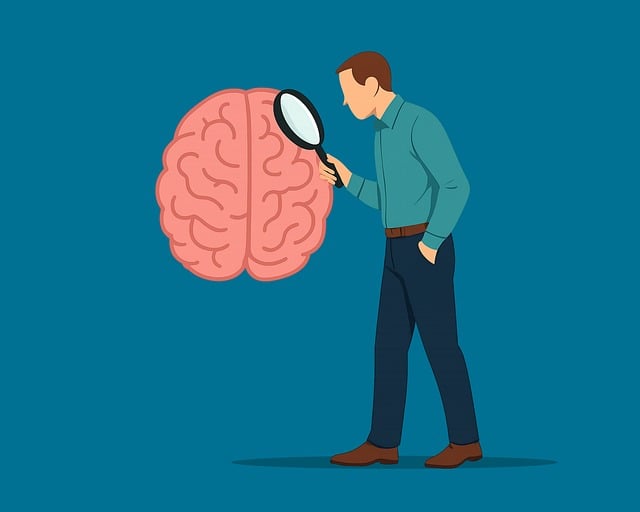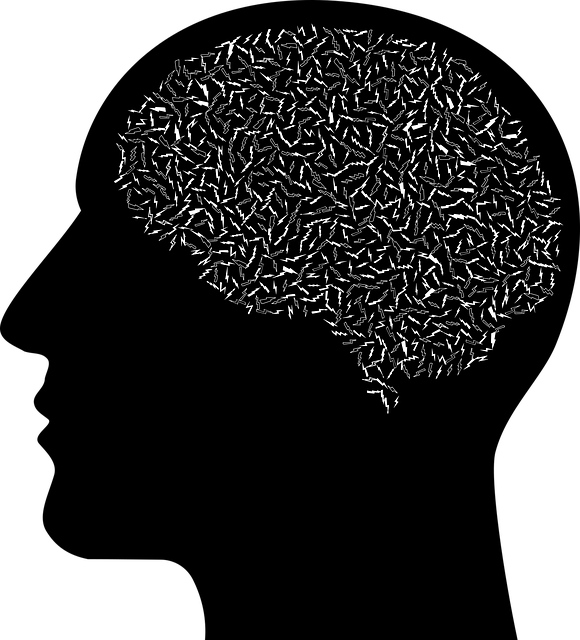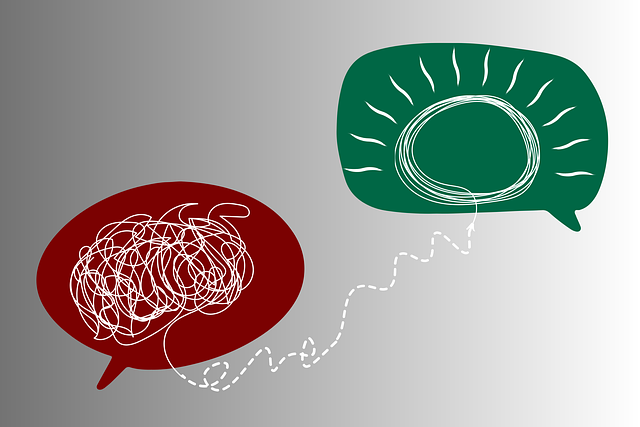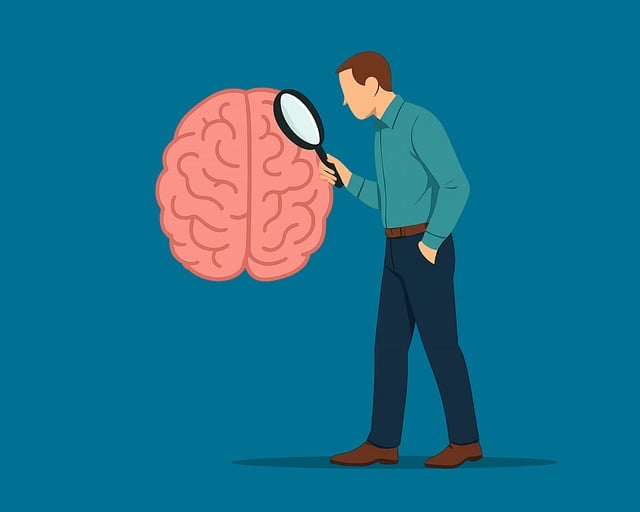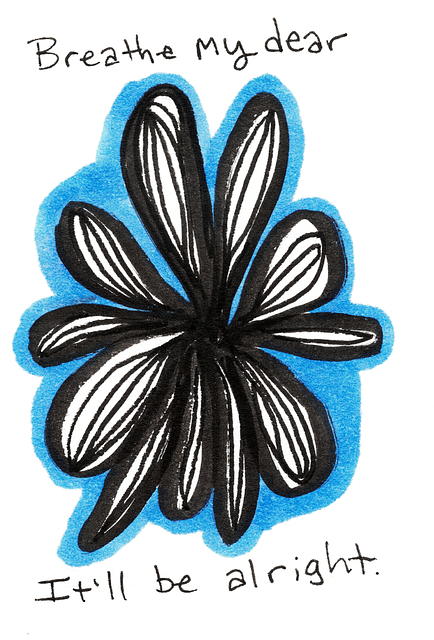Mental health advocacy is key in combating child abuse's lasting effects on elders, driving awareness, and reducing stigma. Specialized therapy for elders addresses past traumas, offering insights and mood management strategies. Advocacy initiatives focus on raising awareness, encouraging therapy for survivors, and developing coping skills. The "Building Bridges" initiative bridges the gap between vulnerable communities and support, integrating mindfulness and stress management workshops to promote resilience and open dialogue about mental health.
Mental health advocacy is a powerful tool for creating positive change. In this article, we explore initiatives that address critical issues such as therapy for elders struggling with unaddressed pain and child abuse’s lasting impact.
‘Understanding Mental Health Advocacy: A Call for Action’ sets the stage by highlighting the importance of championing mental well-being. We then delve into ‘Therapy for Elders’ and ‘Child Abuse’s Lasting Impact: Breaking the Silence’, examining initiatives that target vulnerable populations and break down barriers to support. Effective strategies for fostering resilience and healing are presented in ‘Building Bridges’.
- Understanding Mental Health Advocacy: A Call for Action
- Therapy for Elders: Unaddressed Pain and Potential
- Child Abuse's Lasting Impact: Breaking the Silence
- Building Bridges: Effective Initiatives and Strategies for Support
Understanding Mental Health Advocacy: A Call for Action

Mental health advocacy is a powerful tool for creating positive change and raising awareness about various mental health issues. It involves championing causes, educating communities, and advocating for policies that support better access to therapy and care. Understanding the nuances of mental health advocacy is crucial, especially when addressing sensitive topics such as child abuse and its long-term impact on elders.
By amplifying these issues, advocates can help reduce stigma and promote early intervention. This is a call to action for everyone to take a stand against the challenges faced by vulnerable populations. It encourages individuals to develop inner strength and self-esteem improvement techniques, which are vital tools in preventing burnout, especially in high-pressure environments where support systems are essential.
Therapy for Elders: Unaddressed Pain and Potential

Many older adults carry unseen scars from their past experiences, often stemming from childhood abuse or neglect, which can significantly impact their mental health and overall emotional well-being. Therapy for elders suffering in silence is a crucial aspect of mental health advocacy that deserves more attention. Unaddressed pain from early life traumas can manifest as depression, anxiety, and even cognitive decline later in life.
Providing therapeutic support to this demographic group offers a powerful tool for healing and promotes mental wellness. Through specialized therapy sessions, elders can process their past, understand its effects on the present, and develop effective mood management strategies. Emotional well-being promotion techniques tailored to their unique needs can help them break free from the cycle of pain and live more fulfilling lives.
Child Abuse's Lasting Impact: Breaking the Silence

Child abuse, often overlooked and silently endured, leaves indelible marks on young minds, shaping their future mental health trajectories. The lasting impact extends far beyond childhood, manifesting as complex psychological issues in adulthood. Survivors may grapple with anxiety, depression, post-traumatic stress disorder (PTSD), and difficulties forming healthy relationships. Breaking the silence surrounding child abuse is a pivotal step towards healing and prevention.
Advocacy initiatives focus on raising awareness about the prevalence and severity of child abuse, encouraging victims to seek therapy for elders who have been affected. By promoting coping skills development and instilling mind over matter principles, these programs empower survivors to overcome their traumatic experiences. Additionally, mental health policy analysis and advocacy play a crucial role in ensuring that systems are in place to protect children and provide necessary support, addressing the root causes of abuse and fostering a culture of resilience.
Building Bridges: Effective Initiatives and Strategies for Support

Mental health advocacy initiatives like “Building Bridges” focus on bridging the gap between vulnerable communities and accessible support systems. This approach prioritizes holistic well-being, targeting specific challenges such as therapy for elders and child abuse. Effective strategies within this initiative include integrating practices like mindfulness meditation and stress management workshops organized by dedicated organizations. These sessions foster self-awareness exercises, empowering individuals to take control of their mental health.
By combining therapeutic techniques with community engagement, “Building Bridges” aims to create a supportive environment that encourages open dialogue about mental health issues. This proactive approach not only addresses immediate needs but also promotes long-term resilience and well-being for all participants, especially those facing historical traumas like child abuse, ensuring a more inclusive and compassionate society.
Mental health advocacy initiatives, such as focusing on therapy for elders and breaking the silence around child abuse, are essential in addressing deep-seated issues. By implementing effective strategies outlined in this article, we can build bridges to support those in need. Recognizing the lasting impacts of child abuse and providing accessible therapy for elders are vital steps towards fostering healthier communities. Through collective efforts, we can revolutionize mental healthcare, ensuring no one is left behind.
